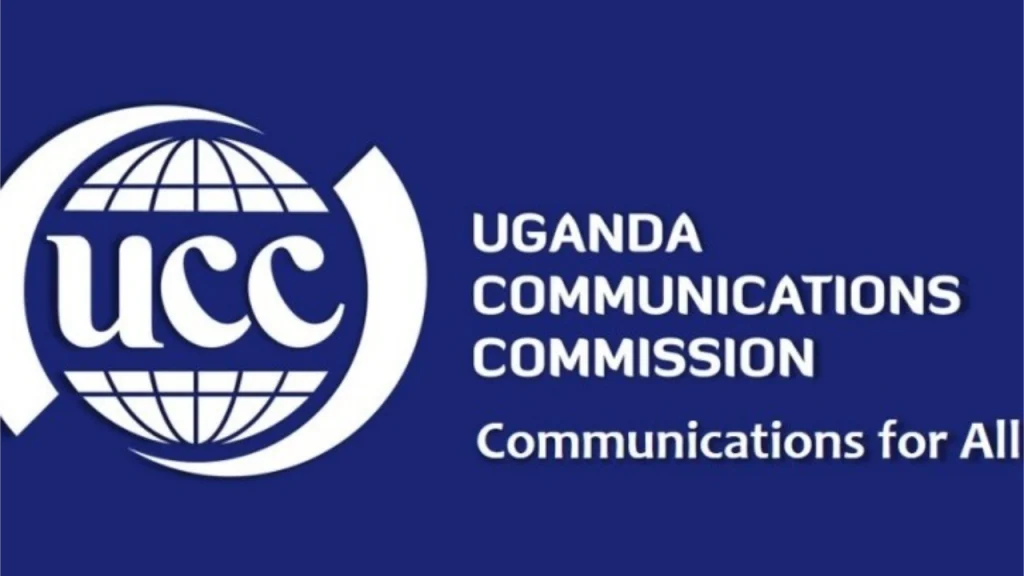- UCC ensures fair competition and quality service in Uganda’s communications sector.
- The commission faces challenges in balancing regulation with rapid technological advancements.
The Uganda Communications Commission (UCC) is a statutory body established by the Uganda Communications Act 2013 to regulate and oversee Uganda’s communications and broadcasting industries. The commission plays an essential role in managing the country’s telecommunications infrastructure, ensuring that ICT services meet global standards while fostering national development.
UCC’s role in Uganda’s ICT regulation
As Uganda’s leading regulatory authority for communications, UCC is tasked with overseeing both telecommunications and broadcasting sectors, including internet services, radio, and television. The commission ensures that these services are accessible, reliable, and affordable for all Ugandans. One of UCC’s primary functions is licensing service providers, from mobile network operators to internet service providers (ISPs) and content broadcasters.
UCC also develops and enforces regulations that maintain fairness and competition in the market. By doing so, it ensures that consumers receive quality services while fostering innovation and investment in the communications industry. For example, UCC has been instrumental in overseeing mobile money services, an essential driver of financial inclusion in Uganda, ensuring that mobile operators comply with national financial regulations.
In addition, UCC is responsible for managing Uganda’s national spectrum, which is vital for mobile communications, broadcasting, and wireless services. This responsibility is critical in optimizing frequency use to avoid interference and enhance service quality across the country.
Also read: Trump criticises AT&T for conference call glitch
Also read: Eswatini Mobile boosts competition in Eswatini’s telecom sector
Industry challenges and innovations
While UCC has been successful in driving Uganda’s ICT sector, the industry faces several challenges. A significant barrier is the lack of broadband penetration in rural areas, where connectivity remains limited due to infrastructure and cost constraints. To address this, UCC has been working closely with mobile and broadband service providers to increase network expansion and improve digital literacy across the country.
Furthermore, the rapid pace of technological change presents a challenge for UCC’s regulatory framework. As mobile networks upgrade to 5G and other emerging technologies, UCC must continuously adapt its regulations to keep up with innovations. The commission has been proactive in this area, adopting forward-looking policies aimed at creating a sustainable, future-proof communications infrastructure.

